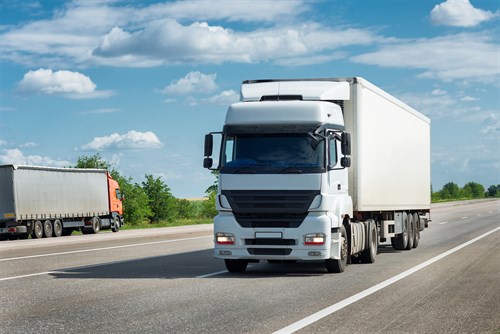SPONSORED CONTENT: Buying a truck? Don’t go in blind! Use our helpful checklist before buying, looking for finance and much much more.
Don’t walk into buying a truck blind! Many prospective truck owners, new to the world of trucks, think that buying a truck is the same as buying a car. There’s more to truck ownership than it seems. Assuming you already have your truck or heavy vehicle licence, here’s a checklist from Savvy Truck Loans, BRW’s fastest growing automotive finance company in 2015 to make sure you aren’t making an impulse buy that could cost you more than you bargained for.
Determine the primary use of your truck
If you’re buying a truck you need to know what you’re going to use it for. It sounds obvious, but you have to account for your short-term needs (I need a truck yesterday!) and long-term needs. These long-term needs might be:
– Needing extra storage
– Extra pulling power for towing heavy plant
– Ability to hitch specialised equipment to the back
– Refrigerated or climate controlled trailers
– Fuel economy for expansion into further service areas
Once you figure out both these needs, you can start researching truck makes and models that fit your requirements.
Find business finance
Most of us will need business finance to buy our used truck. The most common finance options are chattel mortgages and hire purchases. Both of these financial products are available to business purchases, i.e., if you’re using the truck for over 50% business use. Both products allow you to claim back GST, interest and depreciation as well as the fuel input tax credit. You can also finance 100% of the truck’s value, opt for a balloon payment and borrow even more against the value of the truck. The main difference between chattel mortgage and hire purchase is ownership – your business takes ownership immediately where as your lender owns the truck in a hire purchase.
Find an ex-lease truck or one that’s close to new as possible
Older trucks are less expensive, but they will always cost you more in maintenance, repairs and servicing. Older truck parts may be harder to come by, and your engine may need a complete overhaul sooner rather than later. It’s best to buy a used truck that’s as new as possible. Some companies require they use the latest trucks, and lease trucks every few years. Buying an ex-lease truck means it’s in good condition, since the company was subject to leasing restrictions.
Figure out your truck’s life cycle and next steps
If your business is expanding quickly, you might figure that buying a used truck is a stop-gap measure until you can afford a new truck and/or lease one for specialised purposes. It’s always a good business move to purchase an asset (using a loan) for the term of its use. Talk to a financial professional to figure out the best way to move forward.


